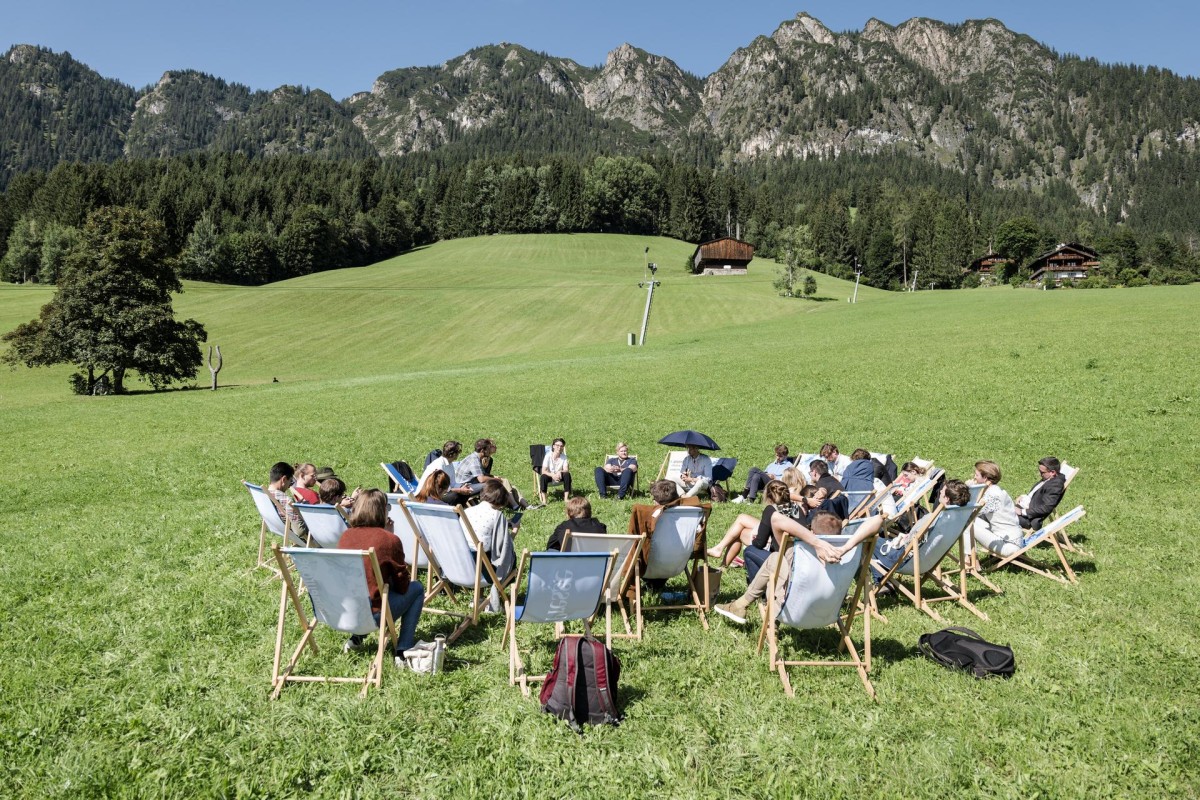Sponsored Content
Closing of the European Forum Alpbach 2024: Europe's Future under the Sign of the “Moment of Truth”
The European Forum Alpbach 2024 came to a successful conclusion with a lively discussion between high-ranking representatives of all Austrian parliamentary parties in front of around 500 participants. The final discussion marked the highlight of a two-week forum that once again served as an important platform for European and international dialog.
 With over 4,300 participants from 108 countries, the European Forum Alpbach 2024 set new standards in terms of diversity and international networking. / Picture: © EFA / Matteo Vegetti
With over 4,300 participants from 108 countries, the European Forum Alpbach 2024 set new standards in terms of diversity and international networking. / Picture: © EFA / Matteo Vegetti
With over 4,300 participants from 108 countries, including scientists, politicians, entrepreneurs, and young talents, the European Forum Alpbach 2024 once again attracted great international interest. This represents a significant increase compared to the previous year (4,200 participants from 98 countries). Almost half of the participants were women, which underlines the increasing…
or Log In
Fast News Search





